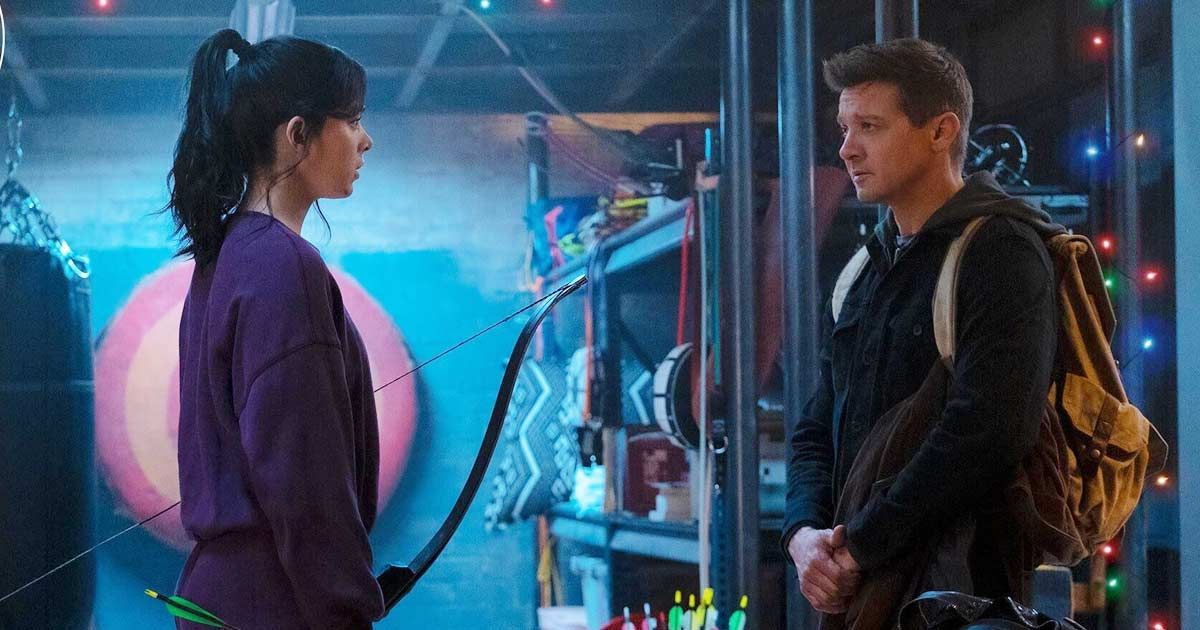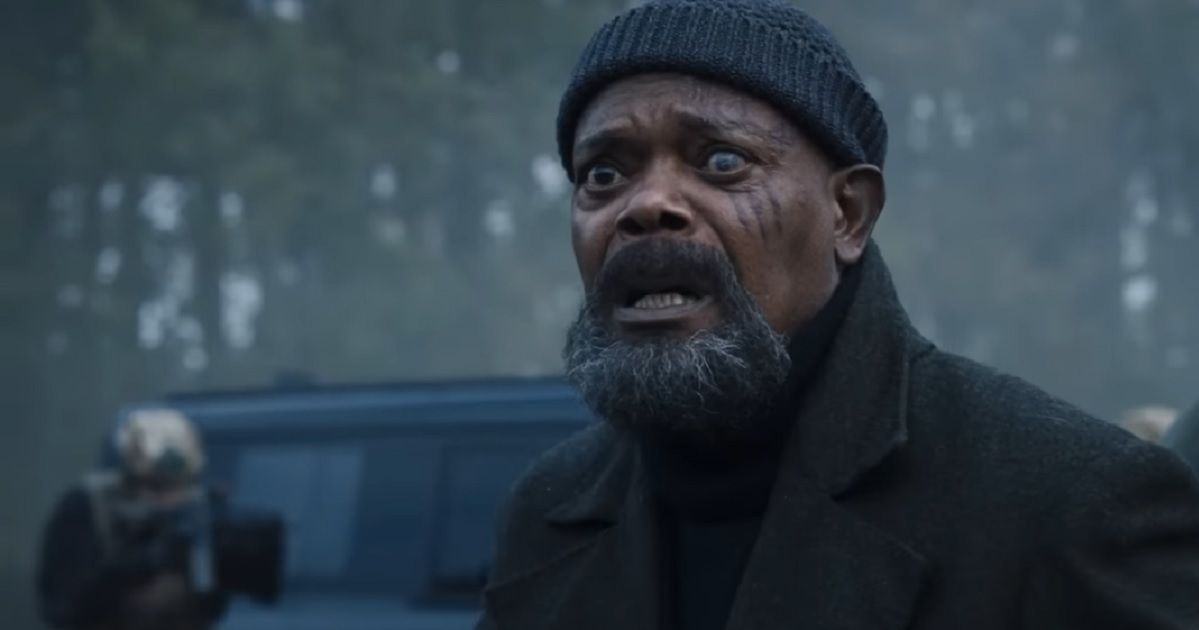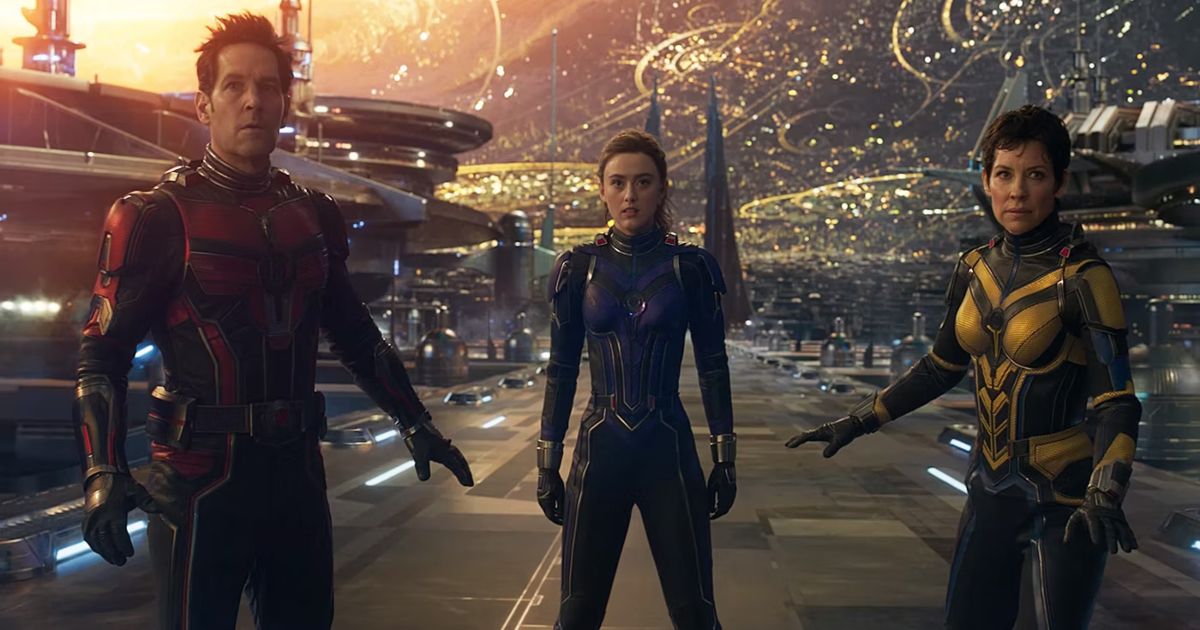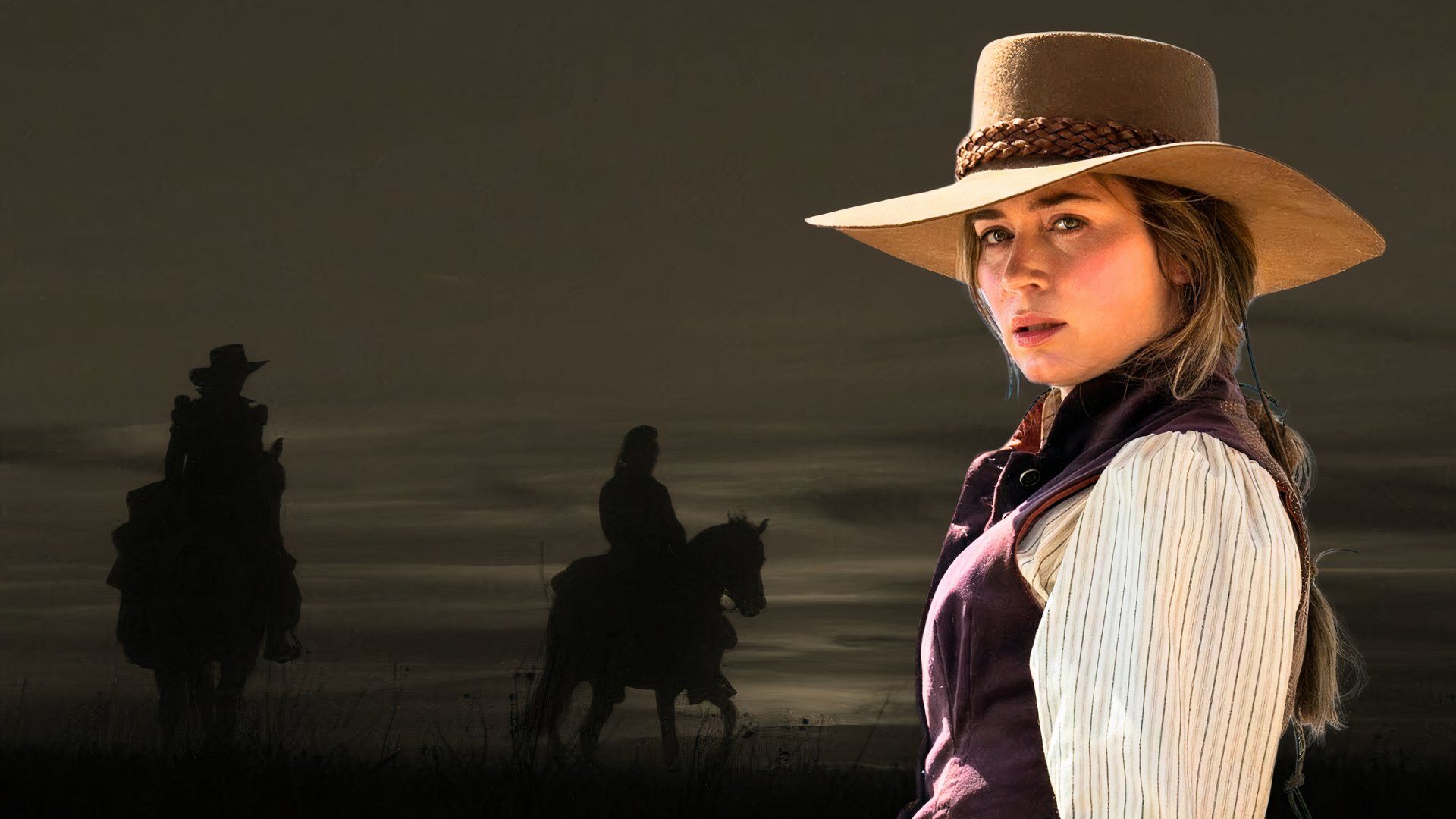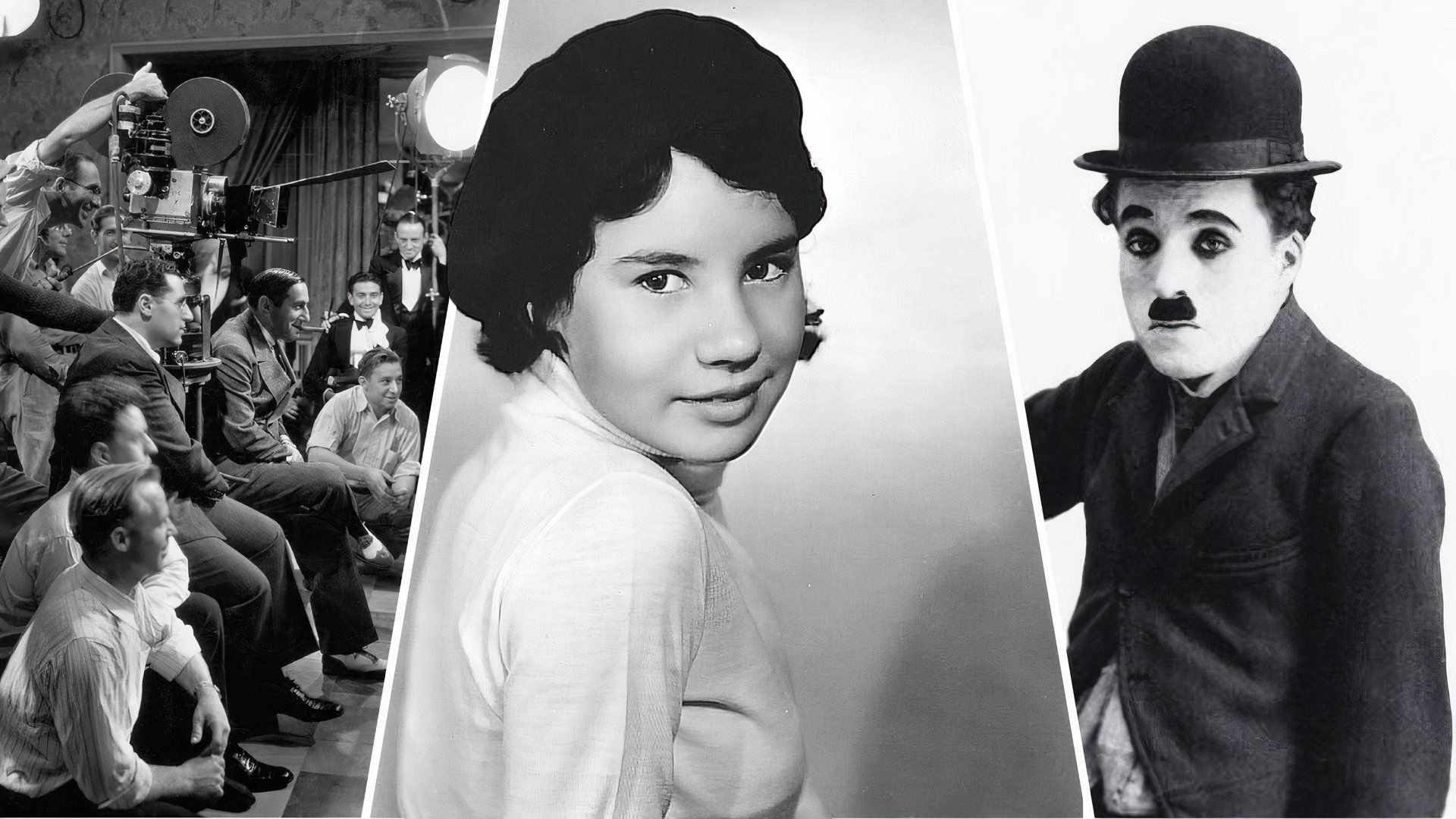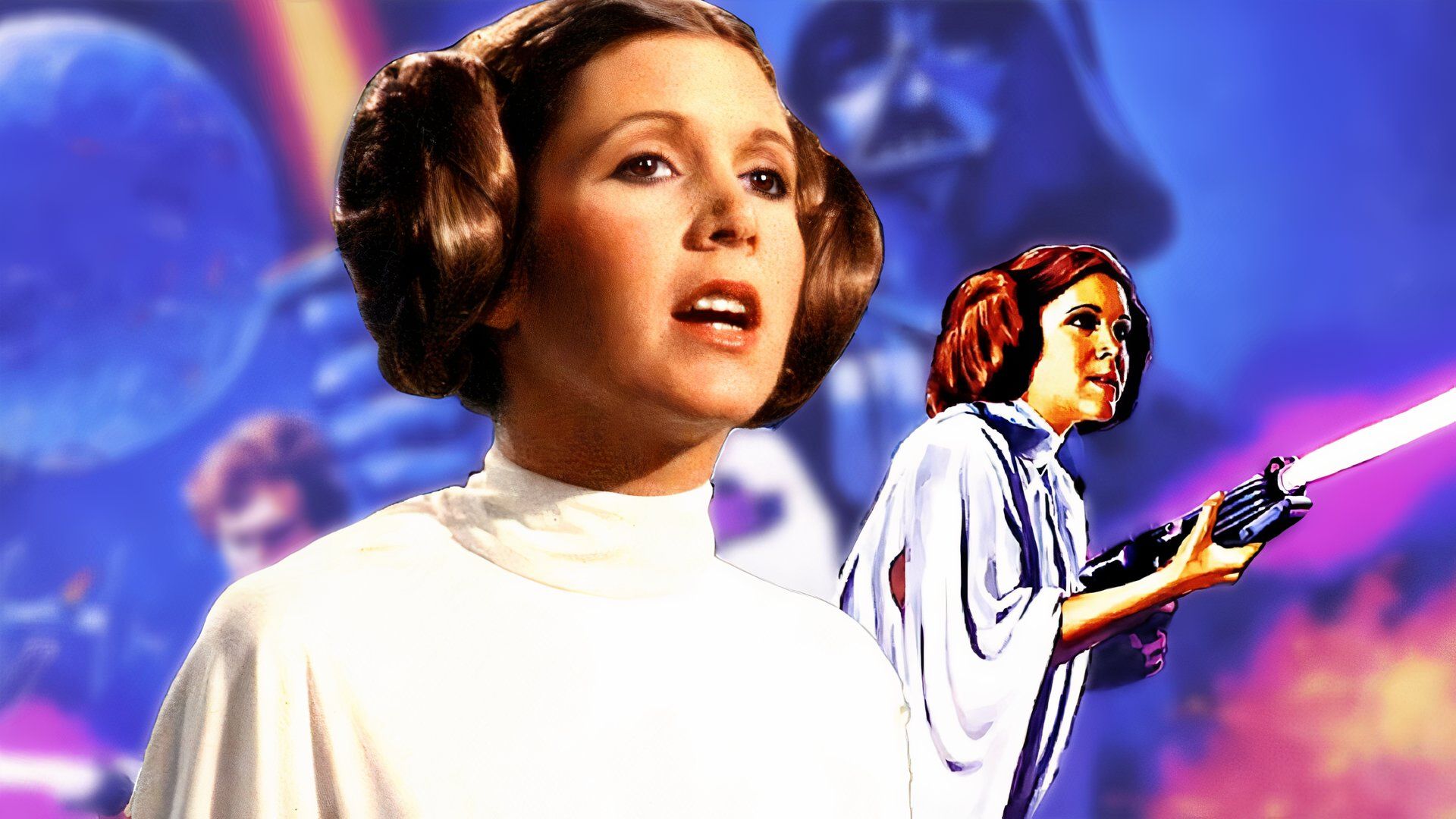Throughout the 2010s, the Marvel Cinematic Universe established itself as the dominant blockbuster franchise in Hollywood. After setting its groundwork with the original Iron Man, Thor, Captain America and Hulk films in the late ‘00s and early ‘10s, the series really exploded onto the scene with The Avengers in 2012. The franchise’s concept of a single interconnected universe in which all of its characters would reside and cross over with one another showed an immense level of ambition that was largely unheard of in the blockbuster movie space at the time. This approach fueled over a decade of incredible success, ultimately culminating with the release of Avengers: Endgame in 2019.
However, in the nearly five years since the release of Endgame, the MCU has had a bit of a fall from grace. Something changed in the minds of audiences, and the release of a new Marvel project is not the massive pop-cultural event that it used to be. There are a lot of moving pieces and factors that this downward trend can be attributed to, but at the center of it all is one single, fateful decision that has irreversibly altered the state of the MCU. That decision was to expand the series into the realm of streaming, with a myriad of new shows releasing on Disney+. While there have been numerous great things to come out of Marvel’s embracing of Disney+, the overall effect that the streamer has had on the series has not been positive.
Room for Left Field Stories
Before getting into how Disney+ is at the center of the MCU’s derailment, we do want to take a moment to highlight some of the positive things that have come from this change. Most notably, this shift in approach to storytelling – which sees Kevin Feige and the executives at Marvel Studios balancing their typically prolific film release strategy with the constant production and release of high-budget streaming shows – has allowed for the MCU to embrace many new creative ideas and voices. Without Disney+, some of the most forward-thinking and exciting stories within the MCU would not exist. This includes shows like WandaVision, Ms. Marvel, Moon Knight, Loki, She-Hulk, and self-contained specials like Werewolf by Night and The Guardians of the Galaxy Holiday Special.
Shows and stories like these are the prime examples of why Disney+ has been a good thing for the MCU. The franchise has one of the most dedicated and die-hard fan bases out there. Through the near-constant production of shows like these, that fan base is constantly being fed and satisfied. Additionally, more off-the-wall stories like WandaVision and Loki would never have received their own feature films; as such, it’s likely that they never would have been brought to life through Marvel Studios at all. The same goes for the MCU’s embracing of animation with the series What If…?, which allows the franchise to explore essentially any crazy idea its behind-the-scenes creative team can dream up.
Too Much Too Fast
However, with all that said, Marvel is currently experiencing a problem that has haunted many different people and studios over the years, both creatively and in terms of business. That issue is the idea of quantity over quality. Marvel Studios has bitten off way more than it can chew. Throughout both its films and its Disney+ series, the MCU released nine new projects in 2021 alone – WandaVision, The Falcon and the Winter Soldier, Loki, Black Widow, Shang-Chi, What If…?, Eternals, Hawkeye and Spider-Man: No Way Home.
This firehouse of new content continued into 2022, which also had nine new releases – Moon Knight, Doctor Strange in the Multiverse of Madness, Ms. Marvel, Thor: Love and Thunder, I Am Groot, She-Hulk, Werewolf by Night, Black Panther: Wakanda Forever and The Guardians of the Galaxy Holiday Special.
The strength of the MCU’s first decade was how the franchise was able to make every new release feel like an unmissable episode of the greatest television show out there. However, by releasing a never-ending stream of new films and shows, Marvel Studios has begun asking way too much from its viewers. Casual audiences have given up on trying to watch it all, and even a sizable portion of the MCU’s core fan base has begun skipping new stories here and there. Fans everywhere have become overwhelmed by the franchise, and the MCU’s course correction to address this might be too late.
Even the decline in frequency to just five releases (which is still too many) in 2023 has not been enough to keep fans on board, especially when the quality of releases like Ant-Man and the Wasp: Quantumania, Secret Invasion and The Marvels are so poor.
Weakening the Overall Franchise
The MCU’s brand used to be unshakable. Just five years ago, putting the Marvel logo on any new film or series was enough to gain a massive mainstream interest in it. This would drive even low-quality projects like 2019’s Captain Marvel and 2018’s Ant-Man and the Wasp to become some of the highest-grossing movies of their respective years. This also led to other studios like Sony attempting to capitalize on this by producing their own Marvel films like Venom and Morbius. However, the invincibility of the MCU at the box office is no more. The franchise has produced numerous high-profile failures this year alone, with both Ant-Man and the Wasp: Quantumania and The Marvels bringing in some of the lowest box office grosses in the franchise’s history.
On top of that, the films that the series was putting in theaters weren’t staying there very long. Movies like the Doctor Strange sequel, Thor: Love and Thunder, and Shang-Chi and the Legend of the Ten Rings were made available to stream on Disney+ (at no extra cost) a little over a month after they hit theaters. This rushed theatrical release cycle cut into the overall grosses of these films, as audiences who were on the fence about seeing a movie could just wait 45 days and catch it on Disney+ instead, while die-hard fans became less inclined to see a movie more than once in theaters, as they could also just wait a short while until it was free on Disney+.
The introduction of Disney+ into the Marvel formula is a key factor in what caused it to break. The weight of all of these new shows alongside an increased film output, became too much for the brand to bear. Somewhere along the way, it snapped and now Feige and the rest of Marvel Studios are attempting to pick up the pieces and organize them in any way they can. The clear answer at this point is that the MCU needs to give audiences a break and put the proper time and effort into delivering the best stories possible, rather than heedlessly pushing forward with a slew of new films and series that are inevitably going to disappoint viewers and fail to perform on the level they need to.
We’re still excited about new films like Captain America: Brave New World, Blade and The Fantastic Four, but we’d rather wait five years and get great versions of those movies than have rushed and poorly-conceived versions dumped into theaters for the sake of producing content.
